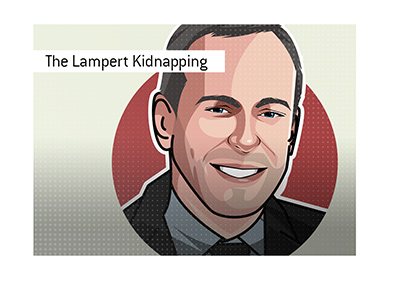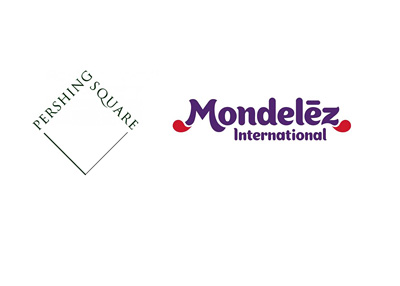Stanley Druckenmiller Shutting Down Duquesne Capital Management
 After 30+ years working in the hedge fund industry, Stanley Druckenmiller of Duquesne Capital Management has decided to call it a day.
After 30+ years working in the hedge fund industry, Stanley Druckenmiller of Duquesne Capital Management has decided to call it a day. In a letter to his investors that was circulated earlier today, Druckenmiller said that he was retiring because "competing in the markets over such a long timeframe imposes heavy personal costs", and that "the disappointment of each interim drawdown over the years has taken a cumulative toll that I cannot continue to sustain."
Druckenmiller also points out that he "chose to leave Soros Fund Management ten years ago because the challenge of managing an enormous amount of capital was having a clear impact on my ability to perform", and that, as Duquesne Capital Management has grown, "these factors have again emerged."
These are words that people such as John Paulson would be wise to pay attention to. Success in the hedge fund industry is a double-edged sword - on one hand you earn untold riches and gain a tremendous amount of respect and admiration from your peers, but on the other hand you also experience a tremendous uptick in both assets under management and investor expectations that makes it much harder to duplicate your past results.
John Paulson, for instance, has been phenomenally successful over the past few years, and has become a billionaire (a few times over) as a result. However, the assets under management at Paulson & Co INC have swelled into the many billions of dollars as investors clamor to benefit from Paulson's "Midas Touch". These high expectations mean that Paulson and his fund's performance are constantly under the microscope, and this has no doubt taken a toll on Paulson.
Given the turmoil in the hedge fund industry over the past 2 years, I wouldn't be at all surprised to see more big names announce their retirements over the short-term.
--
Druckenmiller is likely best known for "orchestrating" the $10 billion bet that George Soros (and his Quantum Fund) made against the pound in 1992. The bet was a big success, resulting in profits of over $1 billion for the fund.
Not all of Druckenmiller's big bets were successful ones though, according to the New York Times. At the height of the dot-com bubble in 2000, Druckenmiller (still at the Quantum Fund at the time) made an enormous bet that the bubble would continue. He was wrong and made the decision to leave the firm shortly thereafter.
Despite a few missteps along the way, Druckenmiller achieved a phenomenal amount of success over his 30+ year career, amassing a personal fortune of approximately $3.5 billion.
Source: New York Times - Reviewing the Druckenmiller Decades
Source: New York Times - Druckenmiller To Shutter His Hedge Fund
Filed under: Hedge Fund News



